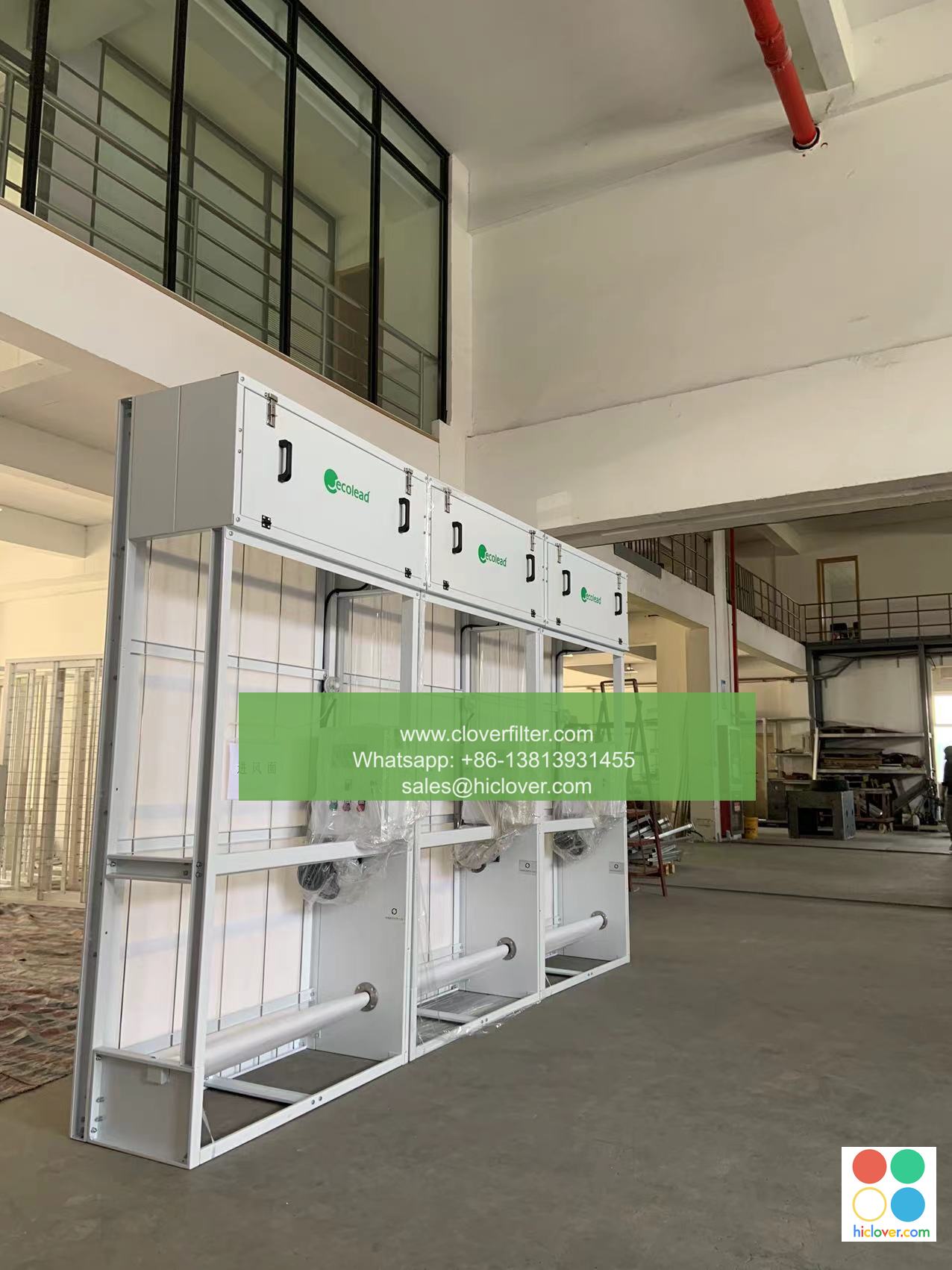The Impact of Air Filter Quality on Your Health

As we go about our daily lives, it’s easy to overlook the importance of air quality on our health. However, the air we breathe has a significant impact on our well-being, and indoor air pollution can be a major contributor to respiratory problems,
The Importance of Air Filter Quality
Air filters are designed to remove particulate matter, gases, and odors from the air, improving indoor air quality and reducing the risks associated with poor air quality. However, not all air filters are created equal. The quality of an air filter is measured by its Minimum Efficiency Reporting Value (MERV) rating, which ranges from 1 to 20. The higher the MERV rating, the more effective the filter is at capturing small particles and allergens.
Application Areas for High-Quality Air Filters
High-quality air filters are essential in various application areas, including:
* Homes and residential buildings: Air filters can help remove allergens, dust, and pet dander from the air, creating a healthier environment for occupants.
* Hospitals and healthcare facilities: Air filters play a critical role in preventing the spread of infectious diseases and reducing the risk of
* Commercial buildings and offices: Air filters can help improve indoor air quality, reducing the risk of respiratory problems and
* Industrial settings: Air filters are used to remove hazardous particles and gases from the air, protecting workers from occupational hazards.
The Benefits of High-Quality Air Filters
Using high-quality air filters can have numerous benefits for your health, including:
* Reduced risk of respiratory problems: Air filters can help remove particulate matter and
* Improved cardiovascular health: Air filters can help reduce the risk of cardiovascular disease by removing particulate matter and gases from the air.
* Relief from allergies: Air filters can help remove
Best Practices for Selecting and Maintaining Air Filters
To get the most out of your air filters, follow these best practices:
* Choose the right MERV rating: Select an air filter with a MERV rating that meets your needs and application area.
* Replace air filters regularly: Replace air filters every 1-3 months, or as recommended by the manufacturer.
* Clean and maintain air filters: Regularly clean and maintain air filters to ensure they continue to function effectively.
In conclusion, the quality of air filters has a significant impact on our health, and using high-quality air filters can help reduce the risks associated with poor air quality. By understanding the importance of air filter quality and highlighting various application areas, we can take steps to improve indoor air quality and protect our health. Remember to choose the right MERV rating, replace air filters regularly, and clean and maintain air filters to get the most out of your air filtration system. Prompt

